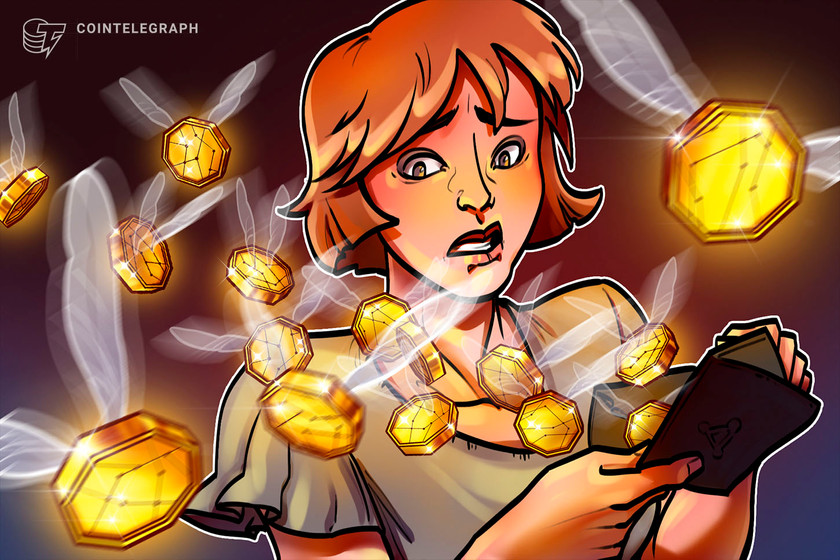High transaction fees have been a long recurring issue for users on popular blockchain networks like Ethereum and Bitcoin during periods of increased demand. However, there are protocols, platforms and methods that help users to reduce costs.
What are transaction fees?
Transaction fees are fees that users pay to send a transaction or interact with a smart contract on a blockchain network. While gas fees can refer to transaction fees on any blockchain, the term is mainly used to describe the Ethereum network transaction fees.
Transaction fees are paid in small fractions of the network’s native cryptocurrency. For example, with Bitcoin (BTC), users will pay in Satoshi’s (very small fractions of BTC), and with Ether (ETH), they will pay in gwei.
There are two main reasons users need to pay fees when sending a transaction. The first reason is to pay miners or validators (also known as nodes) for securing the network. Proof-of-work (PoW) blockchains have miners who validate transactions by using their computing power to solve complex algorithms. In contrast, proof-of-stake (PoS) blockchains have validators who stake their tokens to secure the network.
In return for securing the network and ensuring that no fraudulent transactions are placed, these nodes are compensated with transaction fees on the blockchain. Network validators make it possible for the blockchain to operate in a decentralized manner without having to rely on centralized entities to ensure that no malicious activity takes place on the network.
The second reason users pay transaction fees is to enable the operation of smart contracts. Smart contracts are programs that automatically execute once certain conditions have been met. For example, a smart contract may be programmed to release tokens or a nonfungible token (NFT) once they receive a payment or once a certain amount of time has passed. Just like users, smart contracts have to pay fees, too, since they’re also sending out transactions. So, if a user wants to perform a certain function on a smart contract, they will pay the gas fees.
Why can transaction fees get very expensive?
Transaction fees are not static and they vary based on many variables. One of these variables is speed, meaning that transactions with higher fees get prioritized by nodes, reducing the time it takes for them to arrive. On the other hand, transactions with lower fees take longer to validate since nodes do not prioritize them.
Most mainstream platforms, for…
Click Here to Read the Full Original Article at Cointelegraph.com News…
























